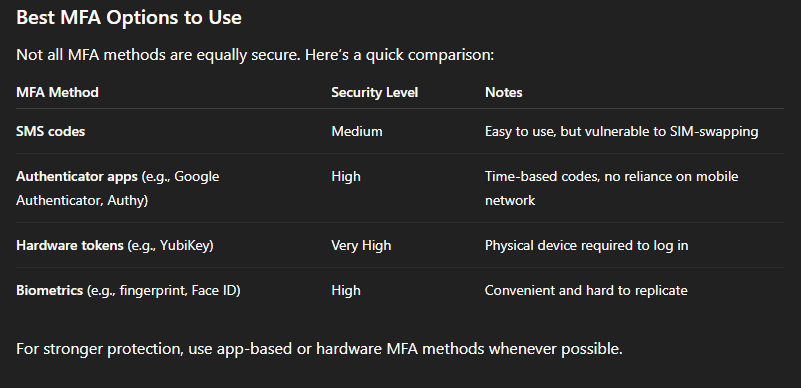In Todays constatly evolving cyber threat landscape, it's no longer enough for organizations to install firewalls and antivirus software and call it a day. Cyberattacks are growing more complex, regulations are tightening, and even one security gap can lead to major data b reaches or legal consequences. That's why regular security audits have become an essential part of modern cybersecurity strategy.
A security audit is a comprehensive review and evaluations of an organizations IT infrastructure, policies, and procedures to identify vulnerabilities, misconfigurations, and non-compliance issues. It can include reviewing firewalls, access controls, data protection protocols, employee practices, and much more.
Why do Security Audits Matter:
Uncover Hidden Vulnerabilities:
Cybercriminals are always probing for weaknesses. A thorough audit can catch vulnerabilities—like outdated software, exposed ports, or overly permissive access rights—before attackers do.-
Ensure Regulatory Compliance:
Many industries must follow strict laws regarding data protection. Regular audits help demonstrate compliance with frameworks like NIST, ISO 27001, or HIPAA, helping you avoid fines and legal issues. -
Prevent Data Breaches:
According to IBM’s 2023 Data Breach Report, the average cost of a breach is over $4.45 million. Audits can identify areas of risk and provide the guidance needed to improve defenses and protect sensitive customer data. -
Boost Customer and Stakeholder Trust:
When clients know your company takes security seriously—through certifications or audit reports—it builds trust and credibility. -
Improve Internal Processes:
Security audits don’t just reveal flaws—they can help streamline processes, improve employee training, and promote a proactive security culture across departments.
Source: https://auditboard.com/blog/what-is-security-audit
